(Image: Soula Mantalvanos Endurance self-portrait. Not for sale)
COVID-19 is so crap, right? Restriction, fear, livelihoods up in the air, financial strain and to add to that, the future picture in people’s heads has disappeared.
I know, I know how bad it is, I’ve lived something like this.
I’ve mentioned the similarities between chronic illness and COVID-19 before. And as the weeks and months roll on, our restricted COVID-19 living presents further similarities – even greater so in Victoria.
Social media posts are about fears of the economy, fear of our future, fear of affected education – the Victorian lockdown affecting all of Australia’s economy.
No pressure!
To add, there’s the feeling a volcano is about to erupt – our mental health and wellbeing are plummeting…
Lives – as healthy, working people knew them, are up in the air.
All I’m hoping for is that we live and learn and become more compassionate. That we use the experience to think more about our elderly, people who are unwell, people with disabilities, people who are unable to work and people who will be unable to manage the sudden change of life.
Healthcare professionals will now certainly grasp an understanding of what chronically ill people have been living with. And I’m hopeful that all ‘professionals’ in the workers’ compensation system will also be watching from their safety nets and think twice about the way they ‘assess’ people with long term injuries.
Not knowing what’s ahead is a familiar nightmare for people living with chronic illness and injured workers and their families. This lived experience has been misunderstood.
This lack of empathy could not have been understood without the personal experience of something like COVID-19 – something impacting the world. Even Governments may just get a glimpse of looking down at their feet and feeling the ground below them is trembling.
Being unable to make plans and left dangling, waiting to hear about a way forward – whether you can resume work or even have a job (or business) is excruciating. Add a long-term health issue to that equation and the world begins to fall in on you.
You can’t help but ask, ‘will I get through this?’
Onwards, Sidewards
In usual daily life, we have a vision, a picture we aspire too and work toward. When that picture is taken away, you realise life’s structure disappears. Structure in day to day life is everything.
I bet people will never complain about working again. And with this, I have hopes that people will understand that the majority of people who are unable to work, actually want to work. It is very few people who want to be on a government hand-out. You can’t survive that way – there isn’t much quality of life and it is most disheartening.
If it’s one thing my 13 year-long, total life transformation that was thrust unexpectedly upon Theo and I can demonstrate, it’s that you will get through it.
If you think life, as you knew it, is being impacted, then I suggest, from where you’re physically sitting/standing right now, take a deep breath, and switch your view to an open space. A space where you can imagine, dream, plan, throw any crazy ideas around and start planning scenarios of a new way forward. An amended way of life.
You can do it. You can do it if you face the process. There are ways. There are solutions. It’s through hardship that some of the most fabulous forms of progress evolved. Of course, through that process, we weren’t sipping lattes and sipping champagne.
Creatives are great at this process. I personally tackled this task as we used to tackle a design brief.
This process planning will be varied in scale for each of us. People whose health and livelihoods have been impacted will have to face far heftier change.
Looking back and aiming for a life that no longer exists will only hold you up from where you need to be (and where you will ultimately be dragged to anyway). Don’t be dragged!
It takes guts. It takes realisation. It takes a lot of things – the biggest of all sacrifice (and taming the ego).
Oh, and be kind to yourself in the process. Don’t forget to process the grief…



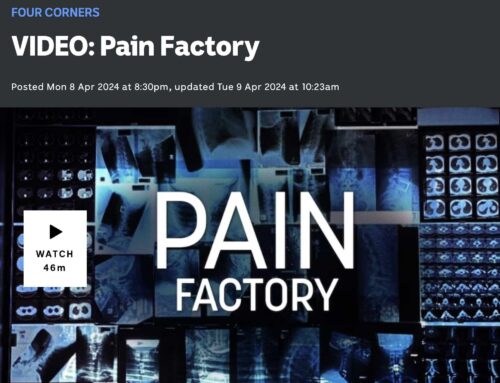
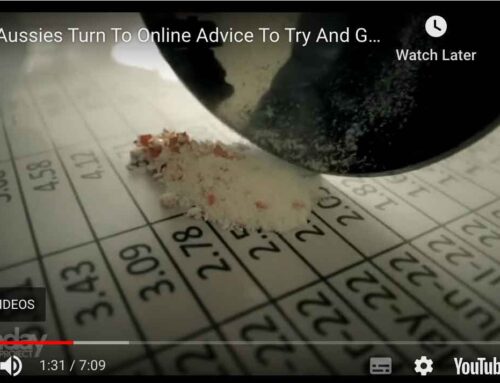
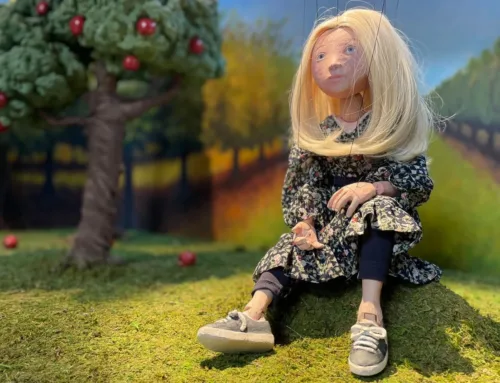
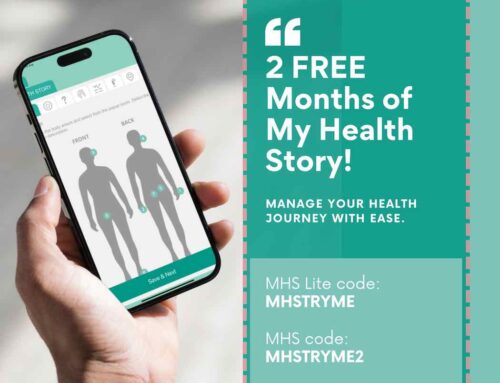
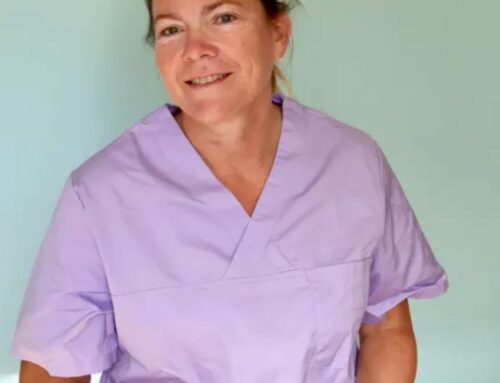
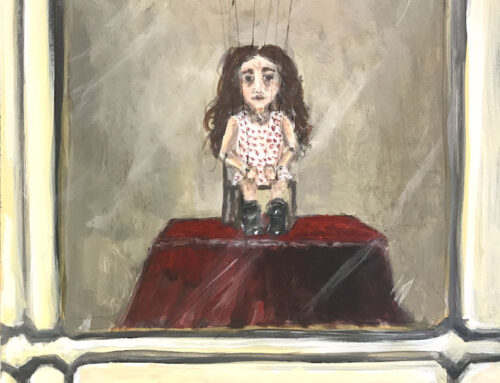
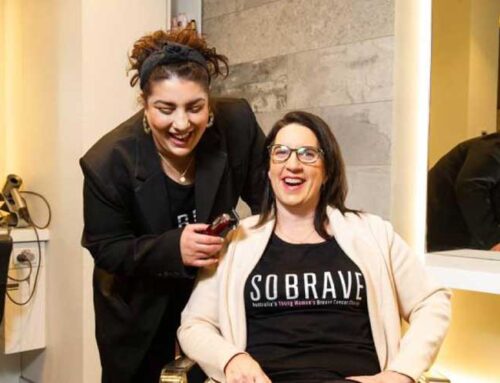
Go for it (just keep it respectful please!)